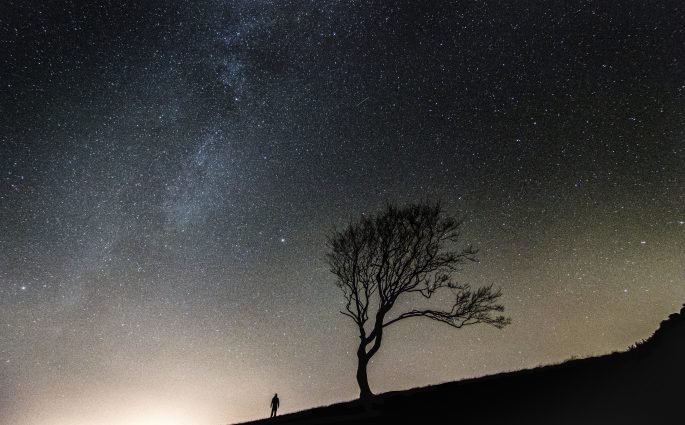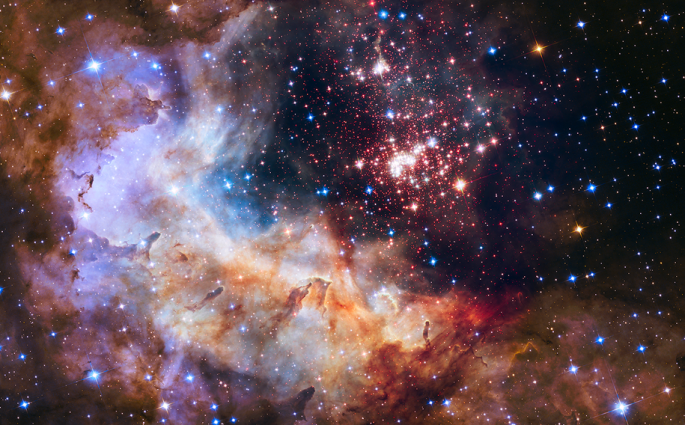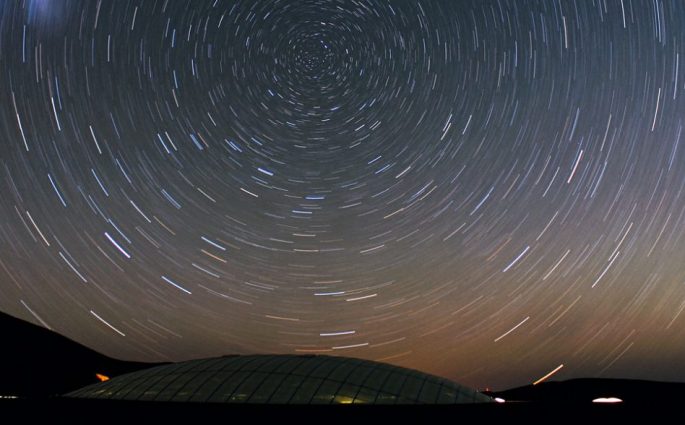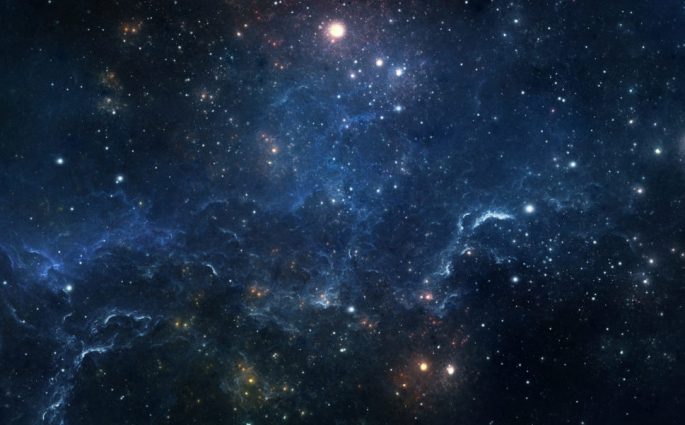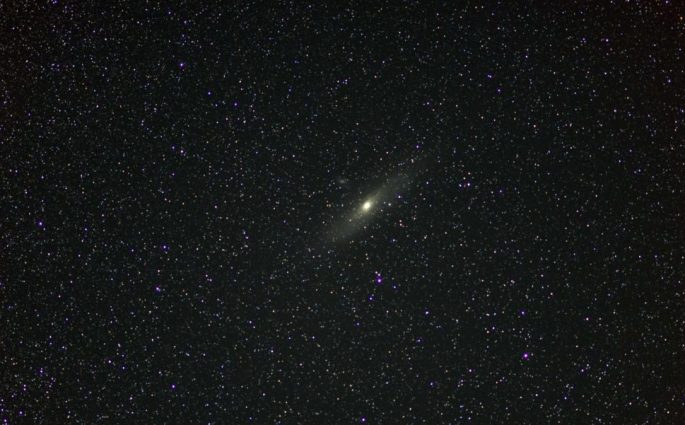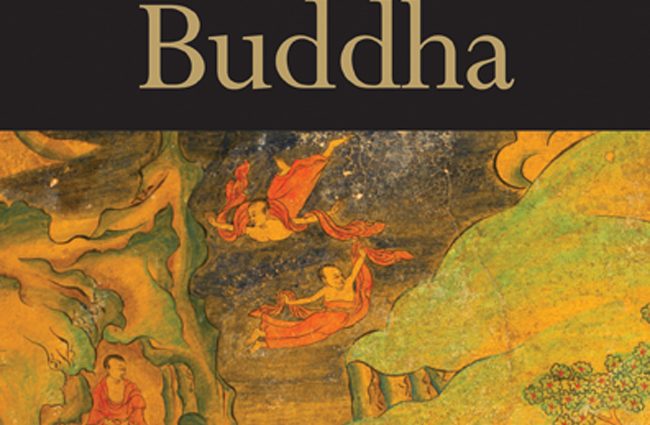Inside Our Awakening Universe
John F. Haught— Scientists now know that the universe is a story still unfolding. Geology, biology, cosmology, and other sciences have demonstrated that our Big Bang universe is almost 14 billion years old. Very recently, as the story goes, on planet Earth in the Milky Way galaxy a new species

